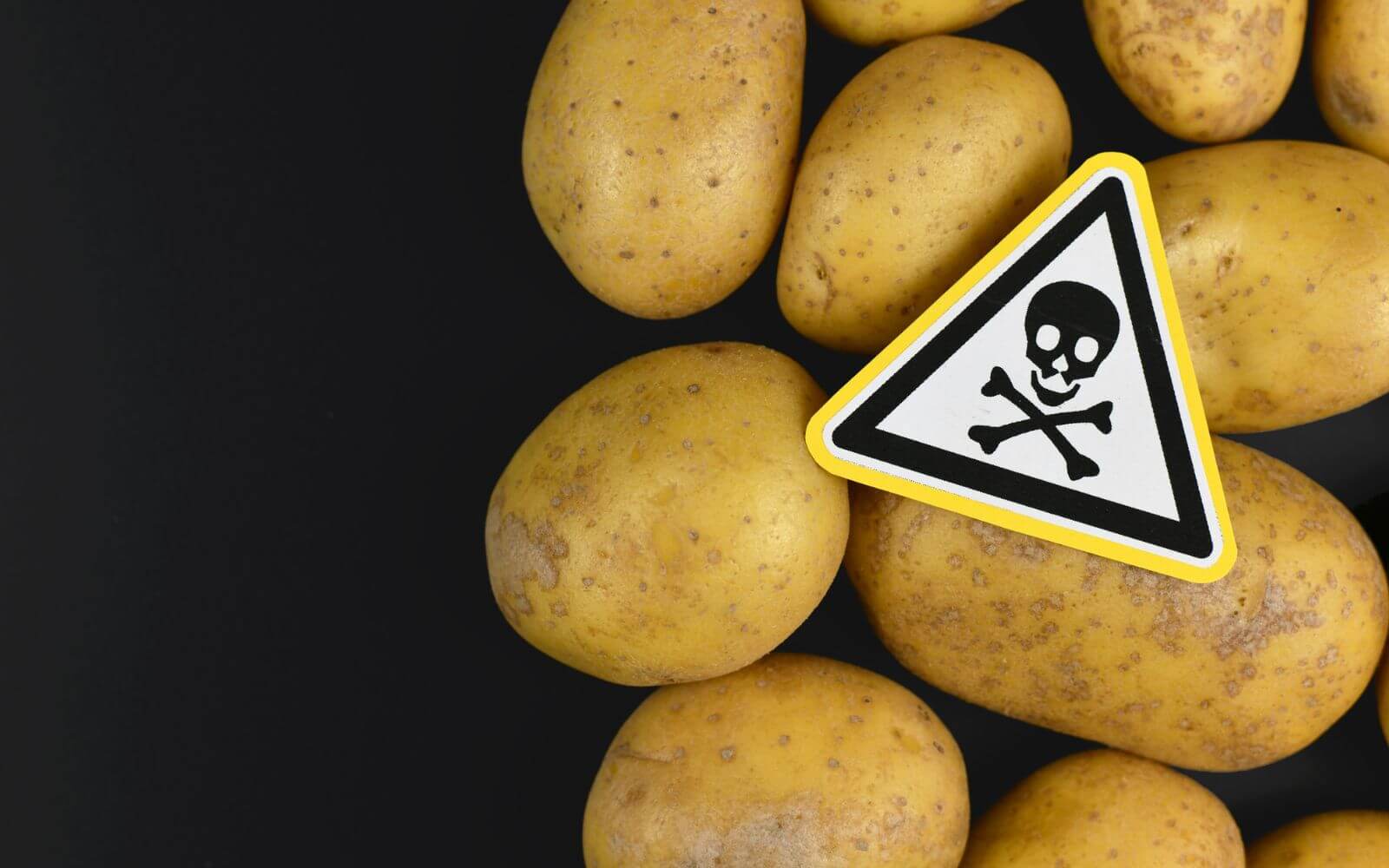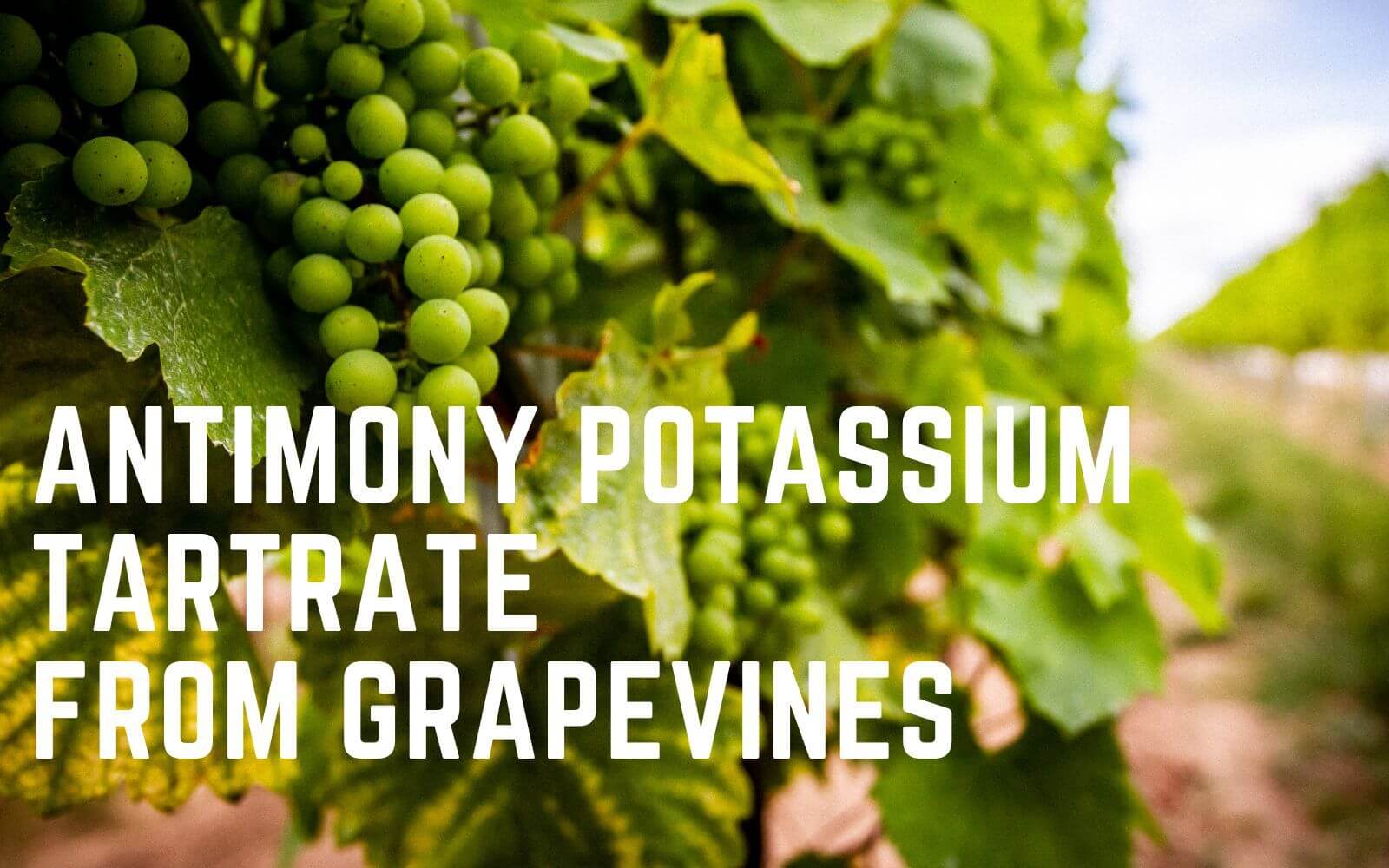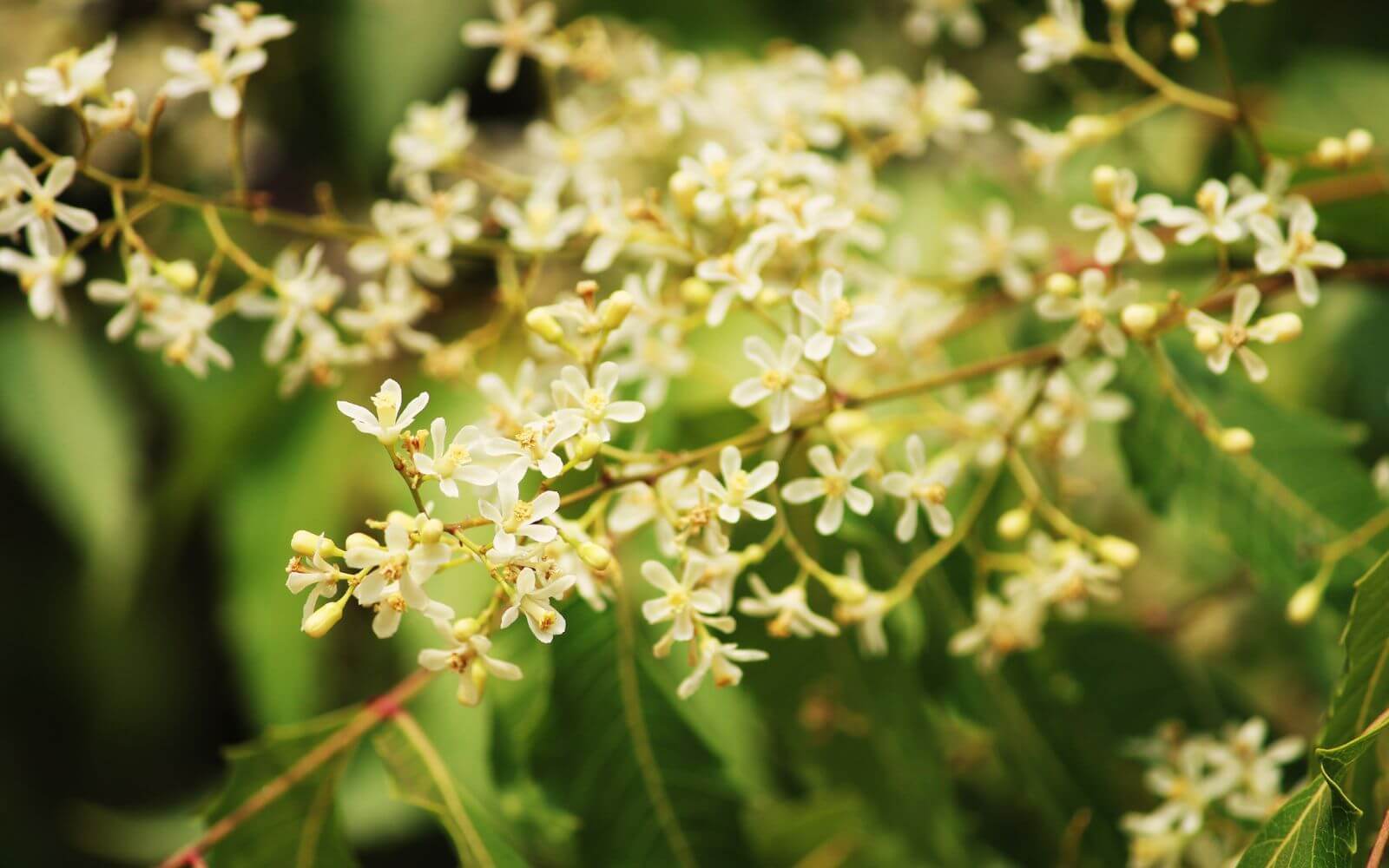
Glycoalkaloids: Potatoes and tomatoes as potential drug suppliers against cancer
The solanine contained in potatoes is one of the glycoalkaloids (naturally occurring phytochemicals). Nightshade plants produce these substances to ward off pests and pathogens. The bioactive compounds can also be toxic to humans. However, researchers have now found that in therapeutic doses, they cause cancer cells to die and suppress the formation of metastases.
According to studies, the ingredients from potatoes, tomatoes and eggplants open up new therapeutic approaches for the treatment of cancer. The main problem with the previously known drugs against cancer is that they usually also attack healthy cells. Glycoalkaloids did not show any toxicity or DNA damage in the studies, while the development of new tumors could be prevented.
The following five ingredients from the nightshade family were tested:
1. Solanine
2. Solasonine
3. Solamargine
4. Chaconine
5. Tomatine
Solanine and chaconine are particularly effective
Solanine and chaconine are particularly effective (mainly in green and sprouting potatoes and unripe tomatoes).
According to the studies, solanine is able to prevent carcinogenic substances from exerting their effects in the body. In addition, it prevents the formation of metastases. Chaconine, on the other hand, can inhibit inflammation and has the potential to treat sepsis.
Solamargine, which is found in eggplants, prevented liver cancer cells from multiplying in corresponding experiments. Also interesting: Solamargine targets the cancer stem cells that play a role in resistance to anti-cancer drugs.
Most recently, tomatine has also been shown to be effective against the proliferation of cancer cells. On the one hand, it has an anti-inflammatory and antioxidant effect. On the other hand, it supports the regulation of the cell cycle so that cancer cells can be eliminated.
Aim of the research: combined therapeutic approaches
Following these positive findings, research into glycoalkaloids continues. The cancer drugs used today cannot be replaced by these phytonutrients. However, they can presumably increase the effectiveness of existing treatments in the context of combined therapeutic approaches. The first step is to further investigate the properties of glycoalkaloids and the safety of their use in humans.
Reference:
Winkiel MJ, Chowański S, Słocińska M. Anticancer activity of glycoalkaloids from Solanum plants: A review. Front Pharmacol. 2022 Dec 7;13:979451. doi: 10.3389/fphar.2022.979451. PMID: 36569285; PMCID: PMC9767987.





 4c media
4c media